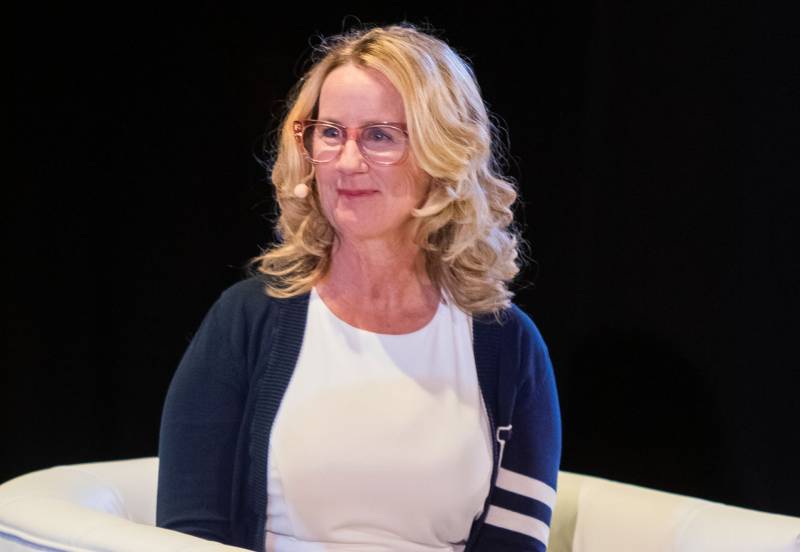Christine Blasey Ford, the psychology professor who alleged that U.S. Supreme Court Justice Brett Kavanaugh sexually assaulted her in high school during his confirmation hearings, told a group in San Francisco on Tuesday that she knew as soon as Justice Anthony Kennedy retired from the court she might need to come forward with her story — and that she’d be attacked for sharing it.
“I immediately felt compelled that I needed to say something. I just didn’t know how or to whom. And so the people I started with were my friends,” she said. “For six weeks, I would sit on the beach and talk with my friends about what to do.”
It was only Ford’s second public appearance since her 2018 testimony during Kavanaugh’s confirmation hearings, which resulted in threats to her life and forced her and her family into hiding. Kavanaugh, who was later confirmed as a Supreme Court justice, has denied the allegation.

